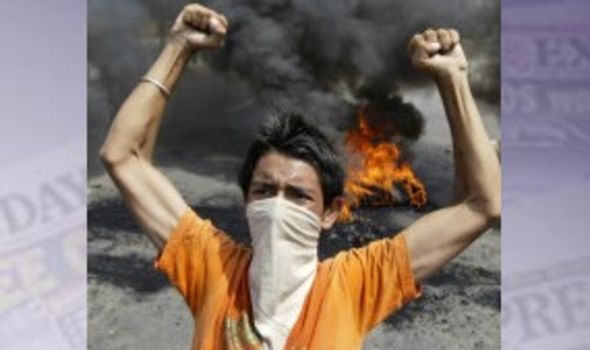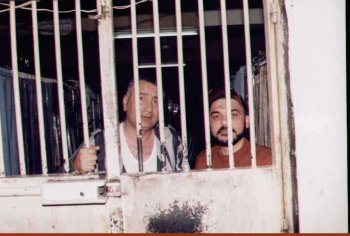By Tristan Simoneau
Impunity Watch Reporter, Europe

For more information, please see:
CHRISTIAN SCIENCE MONITOR – Swedish oil company under scrutiny after Sudan war crimes report – 22 June 2010
REUTERS – Prosecutor probes Swedish link in Sudan crimes – 21 June 2010
STOCKHOLM NEWS – Oil company accused of war crimes – 6 June 2010



